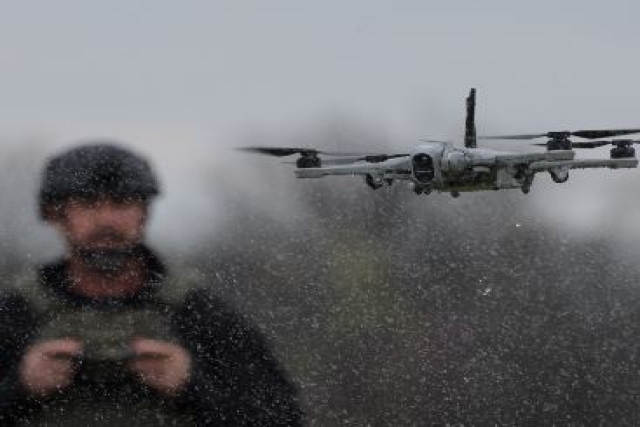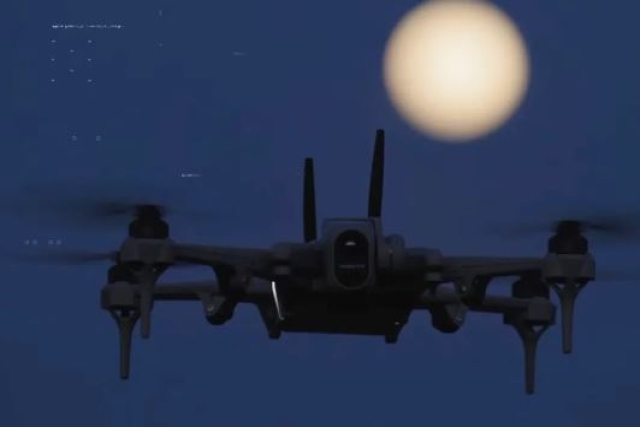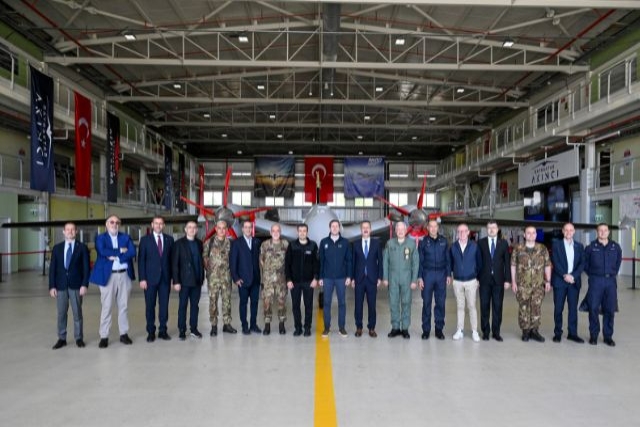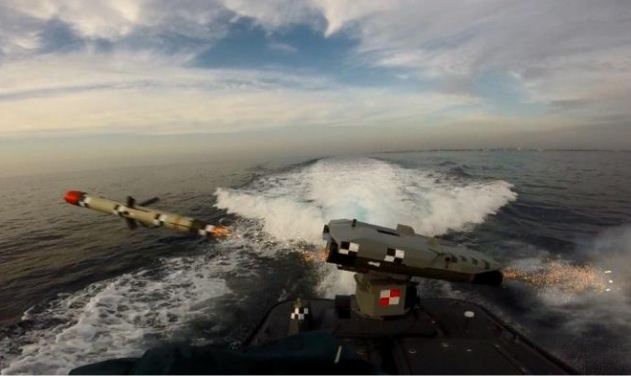Russia Implements ‘Hibernation’ Mode for ‘Joker’ First-Person View Drones

Hibernation devices developed for Russia’s Joker family of first-person view (FPV) drones can be pre-positioned for an attack, after which they 'fall asleep' for several weeks before being reactivated.
“A drone with a hibernation device can be pre-positioned for an attack and then literally ‘fall asleep’ for several weeks [before being reactivated]. The hibernating drone would not leave an electronic footprint on the airwaves, [thus making it undetectable]. As a rule, commanding heights and rooftops of buildings or other high-rise structures are selected [as pre-positions for drone attacks]. When the time comes [to launch the attack], the drone would not need to traverse the distance to the target, as it would already be pre-positioned and would only need to become reactivated and go into attack mode,” Dmitry Kuzyakin, CEO of Center of Comprehensive Unmanned Solutions told TASS.
The hibernation device enables reducing attack preparation time for drones to the minimal amount possible, Kuzyakin said. "Flight time is saved. Just a few seconds pass between drone reactivation and the attack, leaving [the adversary] no chance to launch anti-drone systems. One FPV pilot can pre-position drones and then ‘wake them up’ and can sequentially deploy up to fifteen ‘sleeper’ drones," he added.










